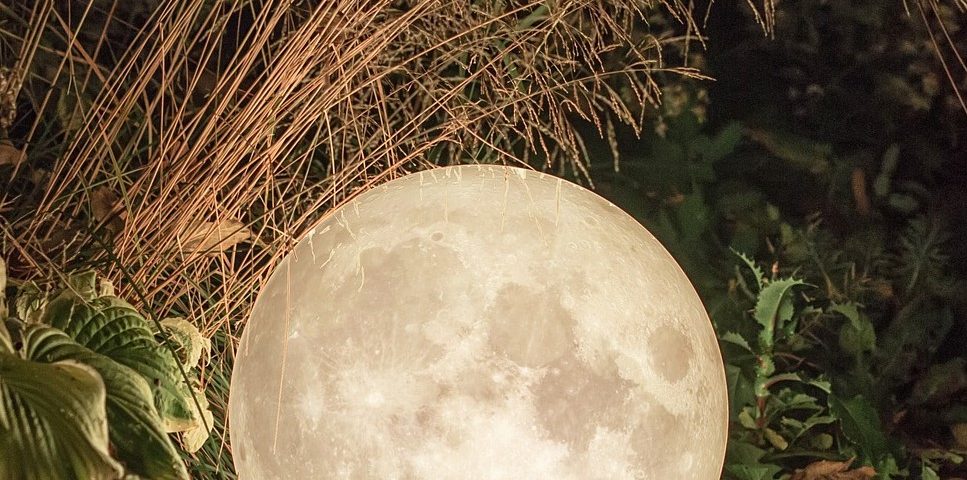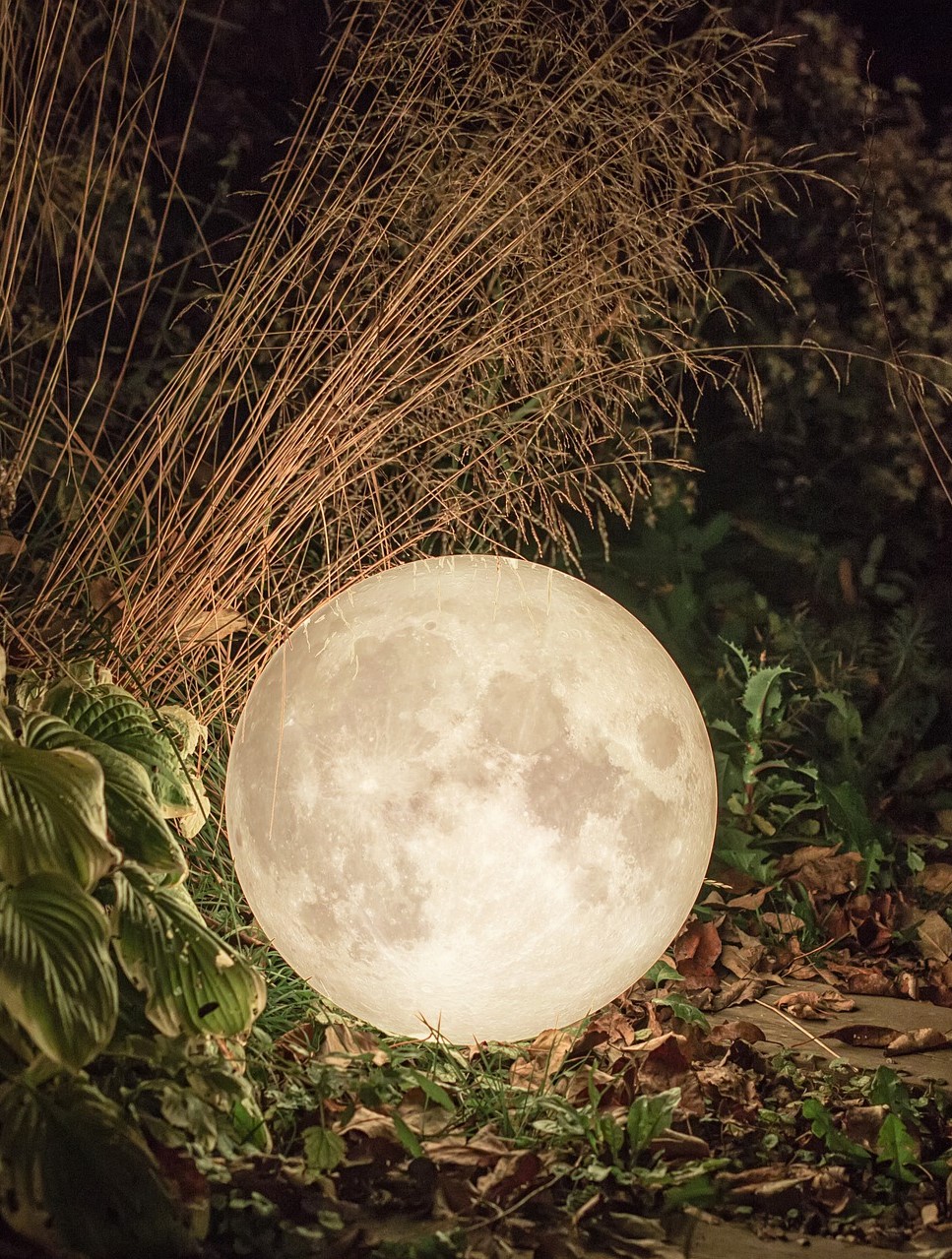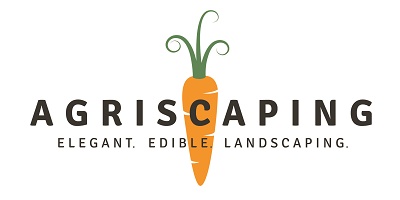Become An Edible Landscape Star With Your Soil!

Become An Edible Landscape Star With Your Soil!
*By Anita Lyon
Get your soil test kits out and get ready to call Mom from the moon! You may want to tell
her about the moon grapes, and moon zucchini, or moon corn you just grew on the new lunar
property you just bought and built your first home on. Sound like something out of a Sci-Fi
Movie?
I recently read an article about moon exploration to live and grow communities on the moon.
China and Russia are planning to build a lunar substation to explore the probability of life on
the moon. Plans for structuring a long-term human presence are set to be anticipated to
take place between 2036-2045. So get your soil test kits out and let the imagination run
wild. So what’s the science dirt on growing edibles on the moon. Well, you're going to need a
fancy soil test kit that’s for sure. We know that moon dust is going to need some help to get
moonscapes to grow. Things we do know about plant life and soil is they have a delicate
balance with mother nature. In order to grow any kind of plant life you literally have to build
from the ground up.
So down here on earth we know that nature is an intricate and complex balance. We will
have all types of soil challenges here where mother nature has set the stage for growing
your edible landscapes here in your unique corner of the world. For example, your soil may
have too much clay, or maybe even have hardpan hiding underneath your soil that is
preventing good drainage. Or possible your soil is lacking nutrients needed to sustain plant
life. There is a list of benefits and challenges unique to your own front and back yard dirt.
So how do we get edibles growing here on earth in your own edible landscape? Well, any
garden foundation starts from the dirt up. For example, if you're building a home here on
planet earth or a substation on the moon if you don’t construct a strong and solid
foundation. Eventually, your hard-earned structure will come tumbling down. Or on the
moon up and out (HA, HA). The same goes for gardening and growing your own edible
landscape. Your soil is your edible structure's foundation. If your soil foundation is not
properly built. Your edibles will not be structurally sound or may not grow at all. So how
do you build a strong foundation for your edibles? Well, it’s not rocket science! However, it is
definitely Geology and Botany science supported.
You may have or heard of, or you are already an expert with understanding the N-P-K ’s of
dirt science. What are the N-P-K’s you might be asking? So we are talking about Nitrogen,
Phosphorus and Potassium to name a few of those needed foundation builders. If your
lacking Phosphorus in your soil this will affect your root and fruit health. If you’ve given
gardening a try you may have had those weird black rot spots on the bottom of those
beautiful tomatoes you’ve been laboring to grow. Or it may appear on your peppers or
squash plants. This is called end rot which is a Calcium deficiency in your soil. Phosphorus
in your soil affects how your plants uptake Calcium. Not enough phosphorus equals not
enough calcium uptake which results in poor cell wall building. This then creates those extraterrestrial-looking fruits and vegetables. The N-P-K balance in your soil even affects how
your produce is going to taste at harvest time. Good nutrient base equals good tasting
results in your garden delicacies. At Agriscaping technologies we love talking about the
NPK’s of dirt and how to use sources from mother nature to grow your soil. So whether your
goal is to grow on the moon or grow your own space down here on earth. You can look for
present and future classes online and in-person from your local Agriscaping Educator. You
can learn how to create an edible moonscape, here in your own earthy
space. Then you can phone home or phone from your new moon home to tell MOM all
about the beautiful, delicious edibles your growing in your own beautiful space ( puns
intended).
Best wishes on becoming an edible landscape star!
To find out what webinars or live classes are available click here!
* You can find out more about Anita Lyon at nutriagi.agriscaping.com .

